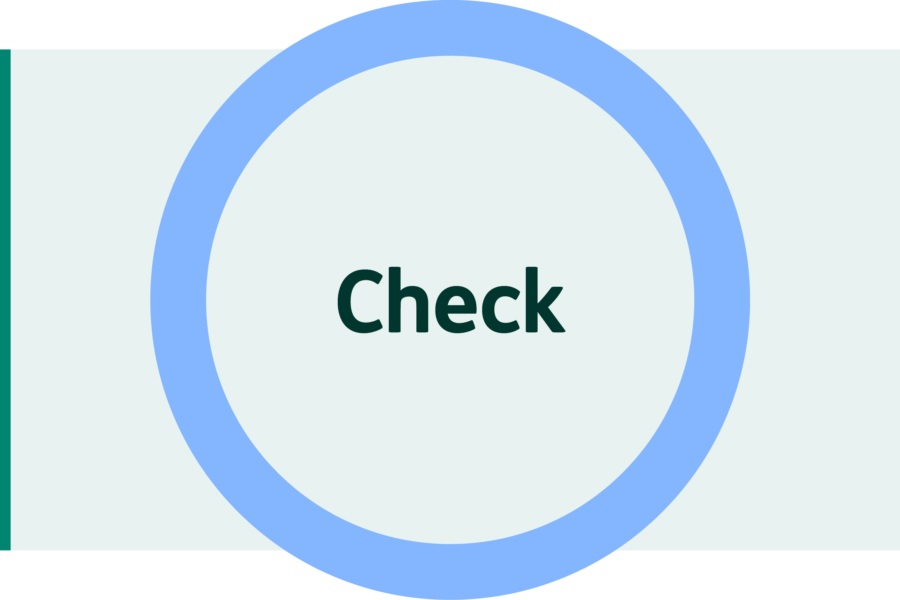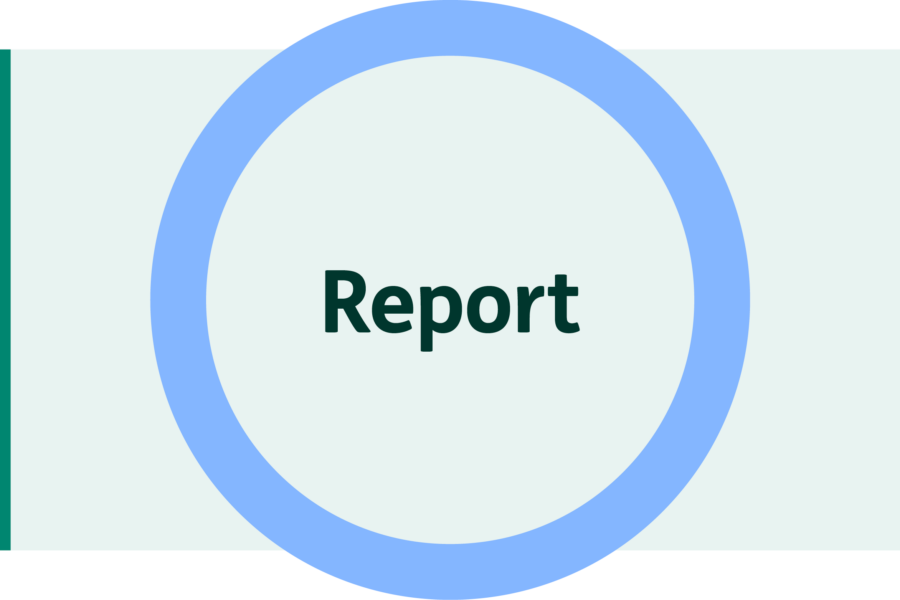We’ll help you understand your pay arrangements so you don’t get any unexpected tax bills.
Are you a contractor, agency worker, or working through an umbrella company?
Learn how to spot the signs of tax avoidance. This includes how to check your pay – to make sure you’re paying the right amount of tax.
We’re also here to help you leave and report a tax avoidance scheme, so you can get back on track and protect others.
Get out of a tax avoidance scheme
If you think you might be involved in a tax avoidance scheme please get in touch with us as quickly as possible. We’ll support you. We can help you get out of the scheme and settle your tax affairs. Ignoring the problem is not the answer. The longer you leave it the bigger the tax bill.
Our aim is to get you back on the right track. No judgement. Simply offer you the support you need. And if you can’t afford to pay everything in one go, we may be able to offer you an instalment arrangement.
For more information, read Tax avoidance: getting out of an avoidance scheme.
What is tax avoidance?
Some people try to bend the rules of the tax system to pay less tax than they should.
With our support, spotting tax avoidance is straightforward. You may think it is difficult to spot, or that you need to be an expert. We can show you how to protect yourself from tax avoidance schemes.
You can read our quick guide to spotting signs of tax avoidance.
Check your pay
Understanding how you’re being paid is the best way to make sure you don’t get caught up in tax avoidance. This applies to people in PAYE as well as Self Assessment.
Checking your payslips and contractual arrangements will help you confirm you are paying the right amount of Income Tax and National Insurance contributions. Doing this will mean you avoid getting an unexpected tax bill later.
Things to look out for include:
- receiving more money in your bank account than what is shown on your payslip
- receiving untaxed payments like loans or capital advances
The money you receive in your bank account should match the net pay on your payslip. To understand more about what your payslip should look like, read our payslip guide.
You can also use this risk checker to spot whether any of your contracts could involve tax avoidance.
Steer clear of avoidance schemes
We can help you. Check our list of tax avoidance schemes that we’ve named. If you are involved in any of the tax avoidance schemes shown on the list, you should get in touch with us as soon as possible.
Please keep in mind, this is not a complete list of all tax avoidance schemes currently being marketed.
If a tax avoidance scheme is not shown in the list, this does not mean that the scheme works or is in any way approved by HMRC.
The impact of tax avoidance is real and could be serious. Explore Tanya and Duncan’s stories about how they have been affected by getting caught up in tax avoidance.
Umbrella companies – understand how they work
If you’re a contractor, you may be employed through an ‘umbrella company’. If you’re not sure, it’s best to check as some umbrella companies try to break the tax rules.
You may be at risk. But if you understand how umbrella companies work, you can take steps to avoid these risks.
Read our guide to what it’s like to work through an umbrella company and how you’ll be paid.
Personal stories
Everyone is responsible under UK law for paying the correct amount of tax. Even if you appoint someone else to deal with your affairs and are given bad advice. If you are found using a tax avoidance scheme, you’ll have to pay the tax that is legally due, plus interest. And you may have to pay a penalty. Unfortunately, this is all on top of any fees you’ve already paid the person who sold you the scheme.
Tanya’s story
Tanya is a single parent and a nurse. She was encouraged to get into a tax avoidance scheme, which left her with a large and unexpected tax bill.
Read a transcript of the video
Duncan’s story
Duncan is an IT project manager. He chose to use an umbrella company to help him manage his payroll admin, without double-checking the details, and ended up in a tax avoidance scheme.
Read a transcript of the video
Report a tax avoidance scheme
Get in touch with us if:
- you have been encouraged to get into a tax avoidance scheme
- you are aware of a tax avoidance scheme
- you want to let us know about someone selling tax avoidance schemes
You can do it anonymously if you prefer – you do not have to give your name, address or email address. Please make sure you enter the code ‘TAC’ when you complete the form.
You can also phone HMRC on 0800 788 887 – if you’re outside the UK call +44 (0)203 0800 871.
More information
We’ve got the following resources and guidance about tax avoidance:
- Guidance on how to identify schemes that wrongly claim to increase your take-home pay if you are a contractor or agency worker
- Ten things a promoter of tax avoidance schemes will not always tell you – guidance to help you think about the risks of taking up a tax avoidance scheme that a promoter or enabler may be concealing
- Guidance on employment status, and what is meant by the term ‘contractor’
- Spotlight 60 – information about tax avoidance arrangements used by some umbrella companies
- Spotlight 55 – find out what you should think about before using an umbrella company to make sure it follows tax rules
- HMRC’s standards for agents – all paid agents and advisers, whether UK based or overseas, are expected to meet these standards.




